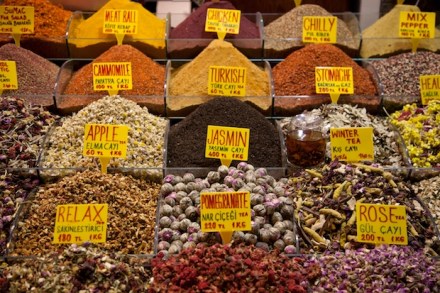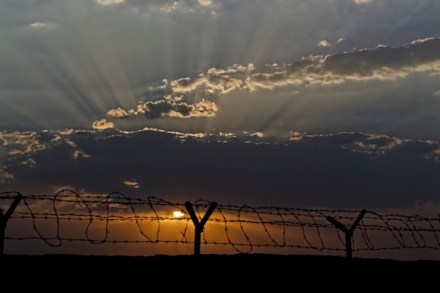John Crace digested – twice
More from BooksFiction ‘So how come we’re in the same book?’ Paul from The Stranger’s Child asked Florence from On Chesil Beach. ‘Apparently,’ replied Florence looking up from the introduction to The 21st Century Digested, ‘the parodies of new books that John Crace has been doing in the Guardian since 2000 are now so popular that 131






























